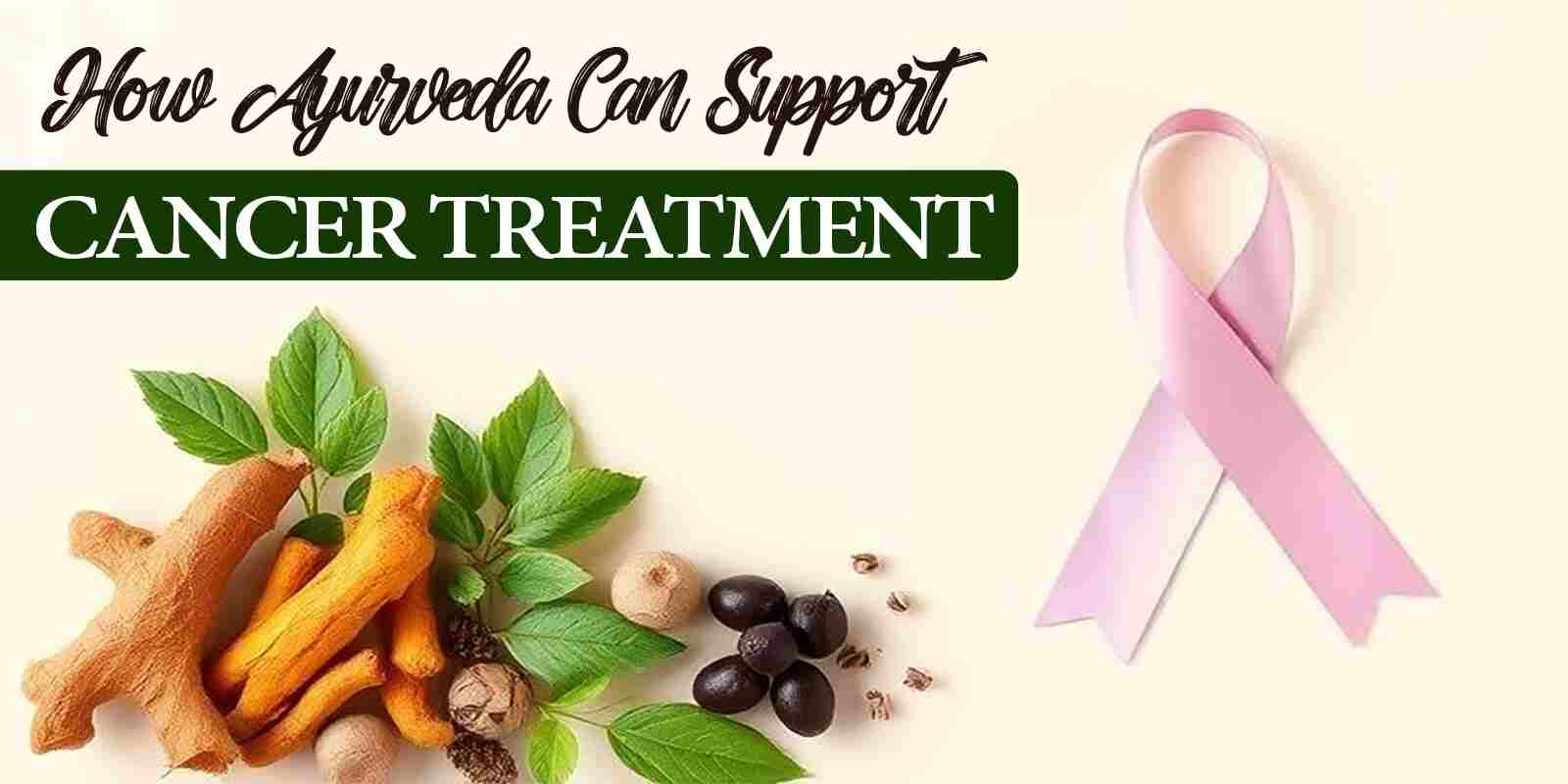
Cancer, it’s not merely a diagnosis, it’s the journey of a lifetime that involves the body, mind, and spirit. And even as modern medicine has achieved remarkable breakthroughs in cancer treatment, a growing number of practitioners and patients talk about support for the healing process with complementary approaches like Ayurvedic cancer treatment. Ayurveda, the traditional Indian system of medicine, is not a cure for cancer, but it can have a strong supportive role with conventional treatment, in managing side effects and improving overall quality of life. Let’s take a look at how this age-old practice can positively impact those living with cancer.
Ayurveda, at its core, is all about balance. It sees health as a balance of body, mind, and spirit, governed by the three doshas, Vata, Pitta, and Kapha, that set our constitutions. Ayurveda is not a substitute for chemotherapy, radiation, or surgery when it comes to cancer. Rather, it addresses the whole person, not the disease, in ways that can complement these treatments.
We know that cancer treatment is hard. Chemotherapy may zap energy, radiation can sear the skin, and the emotional toll of a diagnosis can produce anxiety or depression. Ayurveda offers tools, diet, herbs, lifestyle practices, and therapies, that seek to bolster the body’s resilience, ease symptoms, and nurture mental well-being.
One of the great strengths of Ayurveda is its ability to support the body in the face of the intensity of cancer therapies. Chemotherapy, for instance, routinely induces side effects such as nausea, fatigue, and loss of appetite. Ayurveda has many natural ways to overcome this discomfort.
In addition to diet and herbs, Ayurveda comes with therapies that can affect treatment side effects in a real way. These practices help to calm the body and allow for healing from the inside out.
These therapies aren’t simply about alleviating physical symptoms, they come with reminders to slow your life down, to return to your body, even if only for a few minutes at a time, and to look for moments of quietude in a space that feels full of chaos.
Cancer is not only a physical battle; it is also an emotional one. The mind can carry the weight of fear, uncertainty, and stress. Ayurveda is equal parts a physical and mental health practice, providing tools to cultivate resilience and hope.
That’s the overall goal of Ayurveda, though: to get you to feel more like yourself, vibrant, grounded, and hopeful. By bolstering your body’s defenses, easing discomfort, and soothing your mind, it makes room for joy and meaning, even during treatment. Studies have found that complementary therapies such as Ayurveda can improve sleep, reduce pain, and boost overall well-being, helping to meet the demands of the care of cancer.
Ayurveda can be really useful, but it’s not a cure-all. Everyone’s cancer journey is different, and a solution for one person may not fit another. Always consult a qualified Ayurvedic practitioner or visit a reputed hospital like Karma Ayurveda for cancer treatment. Certain herbs or practices may not be safe during certain treatments, so communication is crucial.
Ayurveda is not a cure for cancer, but it is a gentle, powerful ally. The story reminds us that healing means more than eradicating disease; it’s about making the most of living even under trying circumstances. Through the use of Ayurvedic principles and practices in your cancer care, you can support the body, calm the mind, and reclaim moments of peace and strength.
If you’re interested in trying Ayurveda, do so gradually. You could try drinking warm ginger tea, deep breathing, or making an appointment with a practitioner. Listen to your body, respect your needs, and allow Ayurveda to be a refuge and support on your path. You’ve got this, and so does Ayurveda.

Certificate no- AH-2023-0186
JAN 05,2023-JAN 04,2026
"Ayurveda is not just a system of medicine; it's a way of life. Connect with us to embrace a lifestyle that nurtures your body, mind, and soul."
Book Consultation Now